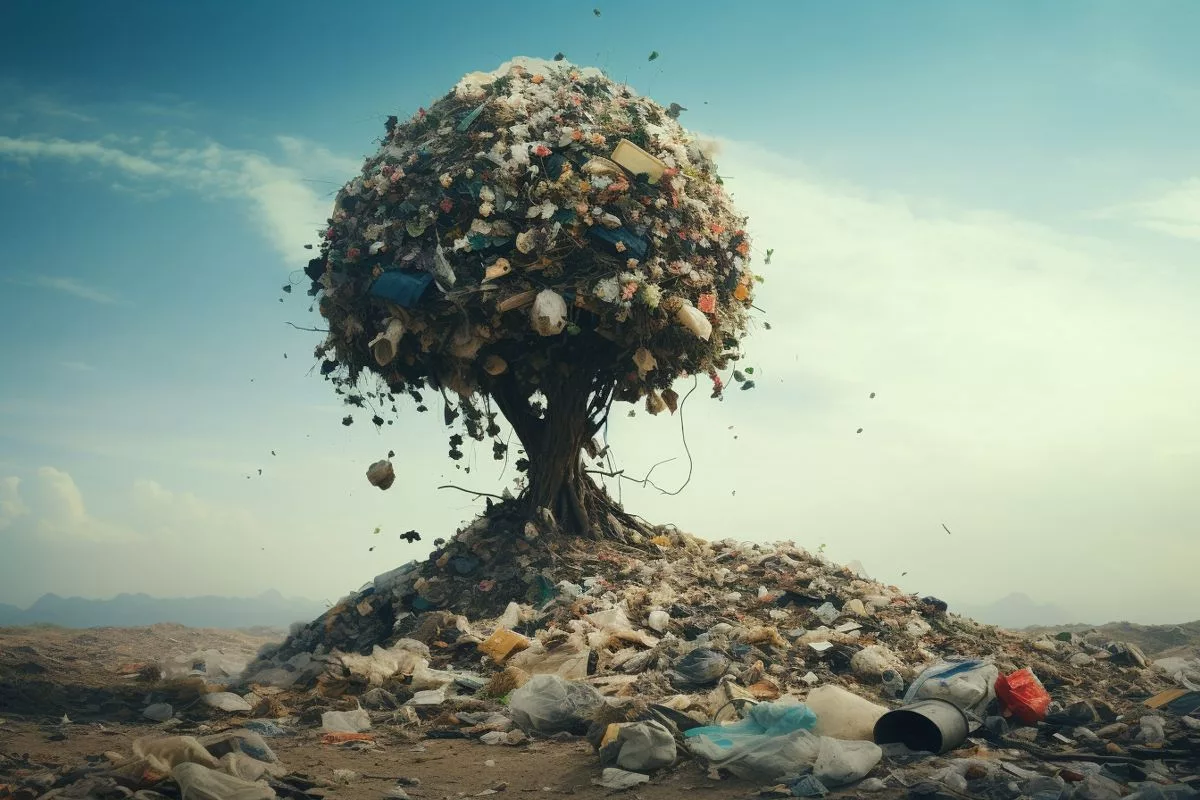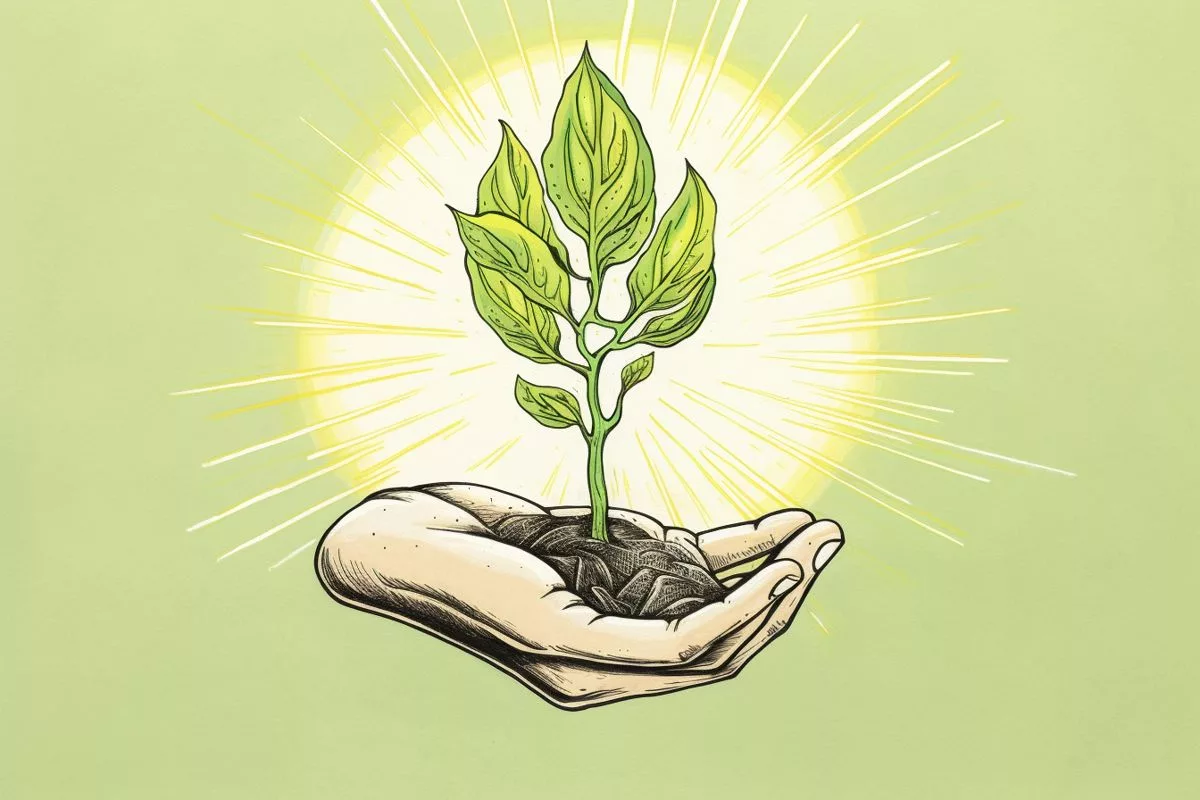The Municipal Cleaning and Greening Programme in South Africa is an ambitious project aimed at eradicating illegal dumping and littering, improving waste management, and developing a circular economy. The program has already generated over 37,000 work opportunities under the public works programme, and its success relies heavily on community engagement and responsibility. The initiative aims to revitalize, reshape and replenish both the environment and communities nationwide, and with progress being made steadily, it sends a hopeful message of reducing, reusing, and recycling to protect nature.
What is the Municipal Cleaning and Greening Programme in South Africa?
The Municipal Cleaning and Greening Programme is a South African government initiative aimed at eradicating illegal dumping and littering in the country. The program involves the cleanup of identified dumping hotspots and the planting of trees in rehabilitated areas. It also focuses on waste management, community engagement, and the development of a circular economy, with a goal of diverting 45% of waste from landfills over the next five years through initiatives such as Extended Producer Responsibility regulations. The program has generated over 37,000 work opportunities under the public works programme.
A Step Towards a Cleaner, Greener South Africa
In a time of significant environmental challenges, the South African government has embarked on an ambitious environmental project under the leadership of the Minister of Forestry, Fisheries and the Environment, Ms. Barbara Creecy. This vital initiative, identified as the Municipal Cleaning and Greening Programme, seeks to revitalize, reshape and replenish both the environment and communities nationwide.
South Africa has long grappled with the issues of illegal dumping and littering, which not only tarnish the country’s natural beauty but also pose substantial health risks, jeopardizing livestock, water resources, marine and coastal environments. The Municipal Cleaning and Greening Programme has now dedicated its efforts to eradicate 7251 identified illegal dumping hotspots, propelling the country towards a cleaner future.
In addition to this, South Africa is playing its part in the global commitment to environmental conservation. The country has representation at the United Nations Environment Assembly’s negotiations for a legally binding agreement to tackle plastic pollution. This grants South Africa a significant opportunity to align its domestic efforts in managing plastic waste with global practices.
Domestic Initiatives and Improved Waste Management
Parallel to these international commitments, the South African government is making great strides domestically to enhance waste management. These include innovative measures to improve municipal waste collection, ensure adherence to landfill regulations and encourage waste recycling.
The Municipal Cleaning and Greening Programme spans across several provincial capitals such as the City of Cape Town, Sol Plaatjie, Mafikeng, Msunduzi, Polokwane, City of Joburg, City of Ekurhuleni, City of Tshwane, Mogale City, Sedibeng, Mbombela, and City of Mangaung. Despite the large scale of this project, progress is being made steadily. As of 30 September of this year, 1299 sites, or nineteen percent, have been successfully cleared, with the aim of total cleanup by the conclusion of the programme.
This programme is a collective effort involving collaboration with provinces and municipalities for recruitment and providing cleaning materials and protective clothing. All participating members receive a stipend for their contributions. This initiative has thus generated over 37,000 work opportunities under the public works programme.
Community Engagement and Circular Economy
In the Nelson Mandela Bay Metropolitan Municipality, where the program was first introduced, 512 sites in need of cleanup have been identified. With the Department’s support, the municipality has acquired a specialized waste collection fleet, extended refuse collection to poorer areas lacking services, improved waste disposal facilities, and initiated the cleanup of 41 illegal dumping hotspots.
The Cleaning and Greening Programme also looks at long-term sustainability. Post cleanup, trees are planted in these rehabilitated areas. The decision to use indigenous trees takes into account the country’s water scarcity, while fruit trees contribute to food security. The local communities are then tasked with the maintenance of these trees, which includes education about their environmental benefits and their role in securing food.
The Department of Forestry, Fisheries and the Environment seeks to instigate a change in societal attitudes and behaviours towards the environment. The encouragement of public responsibility for the cleanliness of their neighbourhoods is seen as a pivotal step for the longevity of the programme.
Alongside these initiatives, the government is also focusing on the development of a circular economy and has set a goal to divert 45 percent of waste from landfills over the next five years. This ambitious target necessitates cooperation with the private sector on Extended Producer Responsibility (EPR) and other initiatives.
For instance, EPR Regulations are being enforced for paper, packaging and some single-use products, lighting, electrical and electronic products. The department is also prioritizing certain items, such as plastic waste, which are now regulated under the Extended Producer Responsibility Regulations, encouraging responsible consumption and production.
In conclusion, the Municipal Cleaning and Greening Programme stands as a testament to the environmental commitment of the South African government. While the journey may appear lengthy and strenuous, the dedication of all parties involved – from government officials to the diligent public works participants – sends a hopeful message: Although nature may not produce waste, mankind is learning to reduce, reuse and recycle.
1. What is the Municipal Cleaning and Greening Programme in South Africa?
The Municipal Cleaning and Greening Programme is a South African government initiative aimed at eradicating illegal dumping and littering in the country. The program involves the cleanup of identified dumping hotspots and the planting of trees in rehabilitated areas. It also focuses on waste management, community engagement, and the development of a circular economy, with a goal of diverting 45% of waste from landfills over the next five years through initiatives such as Extended Producer Responsibility regulations. The program has generated over 37,000 work opportunities under the public works programme.
2. What issues is the Municipal Cleaning and Greening Programme addressing in South Africa?
The program is addressing illegal dumping and littering in the country, which pose health risks and jeopardize livestock, water resources, marine, and coastal environments. It also aims to improve waste management, develop a circular economy, and engage the community in environmental responsibility.
3. Where is the Municipal Cleaning and Greening Programme being implemented in South Africa?
The program spans across several provincial capitals such as the City of Cape Town, Sol Plaatjie, Mafikeng, Msunduzi, Polokwane, City of Joburg, City of Ekurhuleni, City of Tshwane, Mogale City, Sedibeng, Mbombela, and City of Mangaung.
4. What is the goal of the Municipal Cleaning and Greening Programme?
The goal of the program is to revitalize, reshape, and replenish both the environment and communities nationwide. It aims to reduce, reuse, and recycle to protect nature and divert 45% of waste from landfills over the next five years through initiatives such as Extended Producer Responsibility regulations.
5. How is community engagement and responsibility being emphasized in the Municipal Cleaning and Greening Programme?
The program seeks to instigate a change in societal attitudes and behaviors towards the environment, with a focus on encouraging public responsibility for the cleanliness of their neighborhoods. Local communities are also tasked with the maintenance of rehabilitated areas through tree planting, which includes education about their environmental benefits and their role in securing food.
6. Has the Municipal Cleaning and Greening Programme generated employment opportunities?
Yes, the program has generated over 37,000 work opportunities under the public works programme. All participating members receive a stipend for their contributions.








